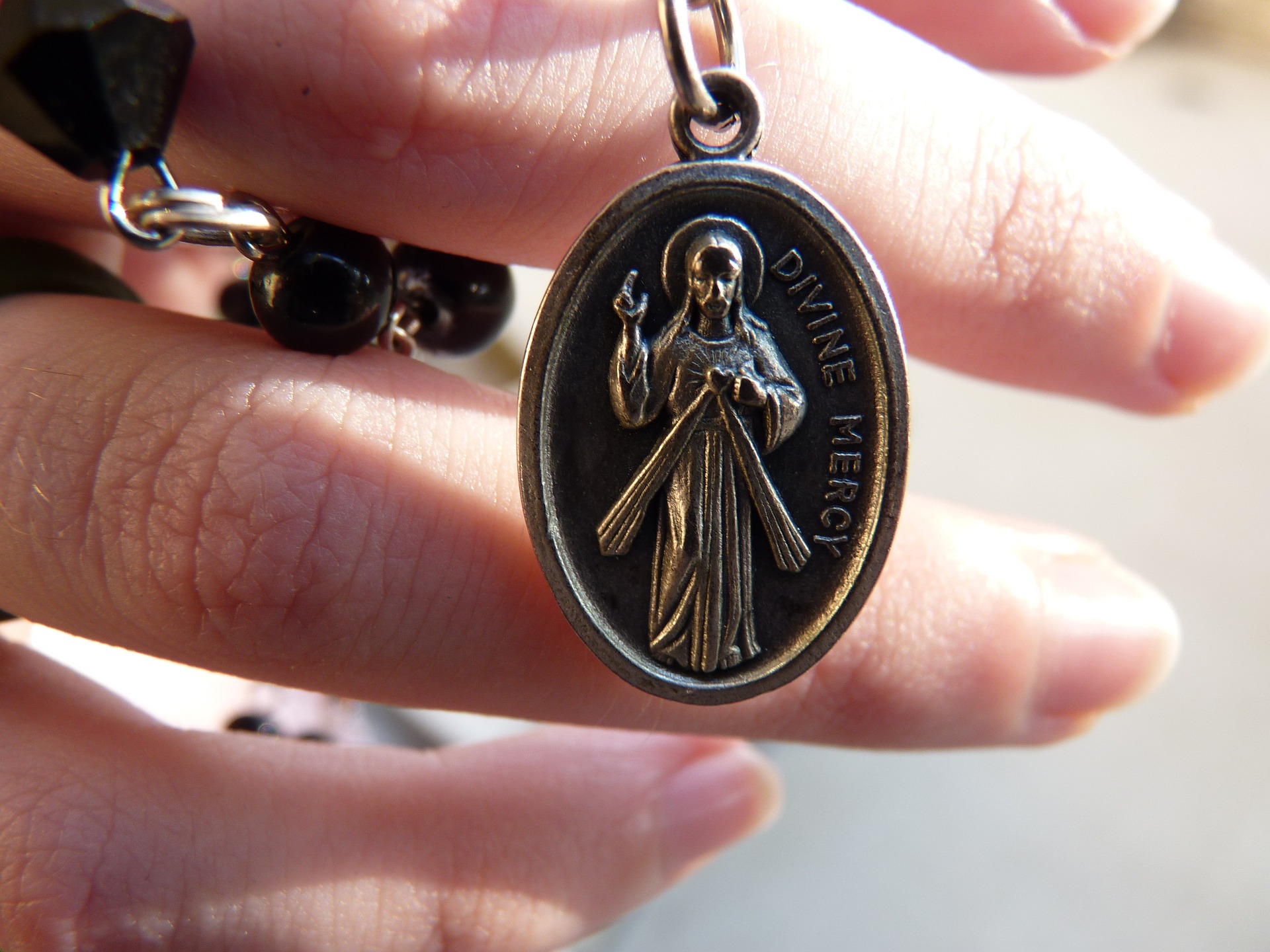When God created humanity, he did so in his image and likeness (Gen 1:26). St. Augustine preached that there is certainly a gap between God and humanity such that humanity’s reflection of God is imperfect. Nonetheless, he preached that even with this “distant resemblance” between God and humanity, we can come to know God through his creation.
Today’s Gospel shows us one way in which humanity is directed to imitate the divine, and in doing so, can come to know God. If we really pray for the grace to put today’s Gospel passage into action, I believe we will see a reflection of God in our relationships.
Today’s Gospel recounts Jesus directing humanity to exercise a divine attribute: “Be merciful as your heavenly Father is merciful” (Lk 6:36). This is not the first time that Scripture instructs us to better reflect the image of the divine. For example, we read in Leviticus, “Be holy, for I the LORD your God am holy” (Lev 19:2). But in today’s reading, Jesus directs us to reflect the divine not in personal piety alone, but rather, in our relationships, in the way we love our brothers and sisters. Be merciful as your heavenly Father is merciful.
Beyond the words, this sentence relates to the very person of God because the Most Holy Trinity is a relationship of perfect love between the Father, Son and Holy Spirit. Being merciful in our relationships with our neighbors is a way to reflect the love of the Trinity.
In practice, it can be hard to love our neighbors, because rather than seeing the image of God reflected in our neighbors, we can be tempted to see their faults. And if we’re really honest with ourselves, we can see our own faults in others. Meditating on today’s Gospel is a helpful way to pray for the graces to follow Jesus’s direction, “Be merciful as your heavenly Father is merciful,” into action today.
Perhaps try praying this prayer that tracks today’s Gospel reading:
Lord, you show us what it means to be merciful through the life, death, and resurrection of your Son. Help us to mirror your mercy in our interactions with those we meet today. Protect us from judging and condemning. Give us the grace to forgive. Remind us to be generous. In all things, make us holy, as you are holy. Amen.
Cuando Dios creó a la humanidad, lo hizo a su imagen y semejanza (Gn 1,26). San Agustín predicó que ciertamente hay una brecha entre Dios y la humanidad de tal manera que el reflejo de Dios en la humanidad es imperfecto. No obstante, predicó que incluso con esta “semejanza leviana” entre Dios y la humanidad, podemos llegar a conocer a Dios a través de su creación.
El Evangelio de hoy nos muestra una forma en la que la humanidad se dirige a imitar lo divino y, al hacerlo, puede llegar a conocer a Dios. Si realmente oramos por la gracia de poner en práctica el pasaje del Evangelio de hoy, creo que veremos un reflejo de Dios en nuestras relaciones.
El Evangelio de hoy relata a Jesús dirigiendo a la humanidad a ejercer un atributo divino: “Sean misericordiosos, como su Padre es misericordioso.” (Lc 6,36). Esta no es la primera vez que las Escrituras nos instruyen a reflejar mejor la imagen de lo divino. Por ejemplo, leemos en Levítico: “Sed santos, porque yo soy santo, Jehová su Dios” (Lev 19:2). Pero en la lectura de hoy, Jesús nos dirige a reflejar lo divino no sólo en la piedad personal, sino más bien en nuestras relaciones, en la forma en que amamos a nuestros hermanos y hermanas. Sean misericordiosos como su Padre celestial es misericordioso.
Más allá de las palabras, esta frase se refiere a la persona misma de Dios porque la Santísima Trinidad es una relación de amor perfecto entre el Padre, el Hijo y el Espíritu Santo. Ser misericordiosos en nuestras relaciones con el prójimo es una forma de reflejar el amor de la Trinidad.
En la práctica, puede ser difícil amar a nuestro prójimo, porque en lugar de ver la imagen de Dios reflejada en nuestro prójimo, podemos estar tentados a ver sus faltas. Y si somos realmente honestos con nosotros mismos, podemos ver nuestras propias fallas en los demás. Meditar en el Evangelio de hoy es una forma útil de orar por las gracias para seguir la dirección de Jesús, “Sean misericordiosos, como su Padre es misericordioso”, en acción hoy.
Tal vez puedes intentar a rezar esta oración que sigue la lectura del Evangelio de hoy:
Señor, tú nos muestras lo que significa ser misericordioso a través de la vida, muerte y resurrección de tu Hijo. Ayúdanos a reflejar tu misericordia en nuestras interacciones con aquellos que conocemos hoy. Protégenos de juzgar y condenar. Danos la gracia de perdonar. Recuérdanos de ser generosos. En todo haznos santos, como tú eres santo. Amén.
 Elizabeth Tomlin is the author of Joyful Momentum: Building and Sustaining Vibrant Women’s Groups and contributing author to the Ave Prayer Book for Catholic Mothers. She is General Counsel for the Archdiocese for the Military Services, USA. Elizabeth is an Army wife and mother of three and currently lives in the DC area. She blogs at JoyfulMomentum.org or @elizabethannetomlin on social media.
Elizabeth Tomlin is the author of Joyful Momentum: Building and Sustaining Vibrant Women’s Groups and contributing author to the Ave Prayer Book for Catholic Mothers. She is General Counsel for the Archdiocese for the Military Services, USA. Elizabeth is an Army wife and mother of three and currently lives in the DC area. She blogs at JoyfulMomentum.org or @elizabethannetomlin on social media.
Feature Image Credit: darte, https://pixabay.com/photos/church-rosary-religion-christian-1790939/
